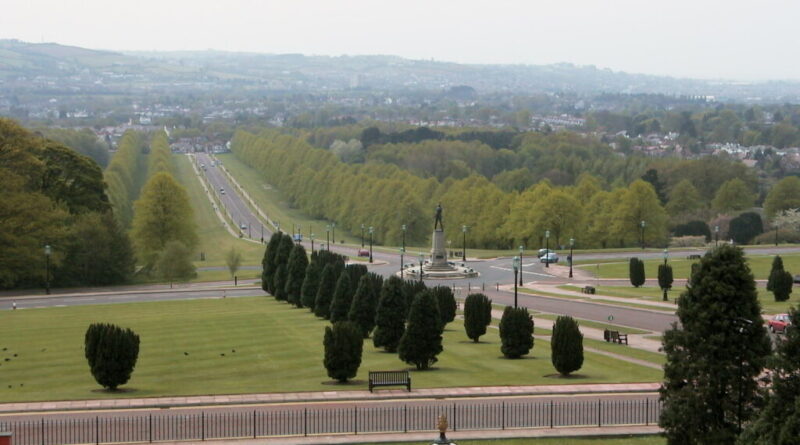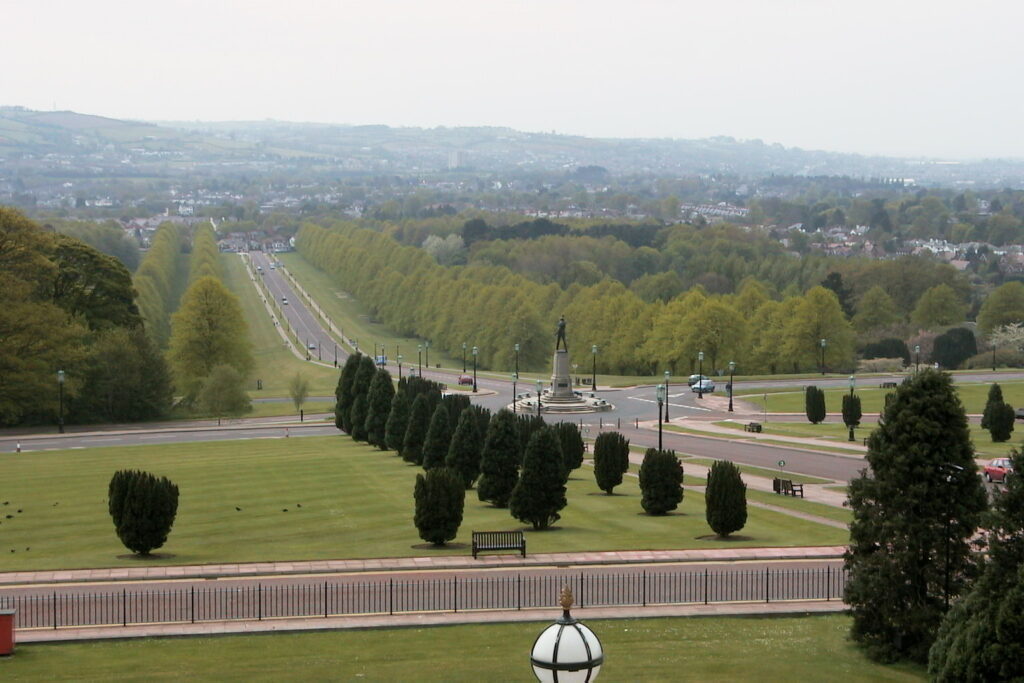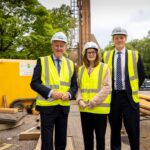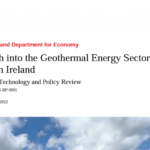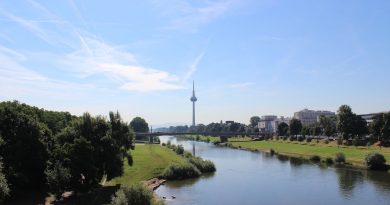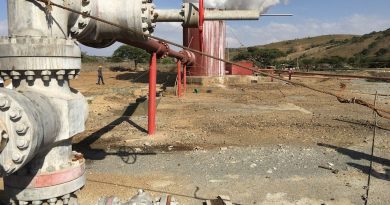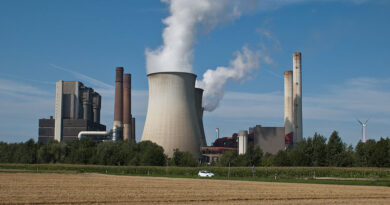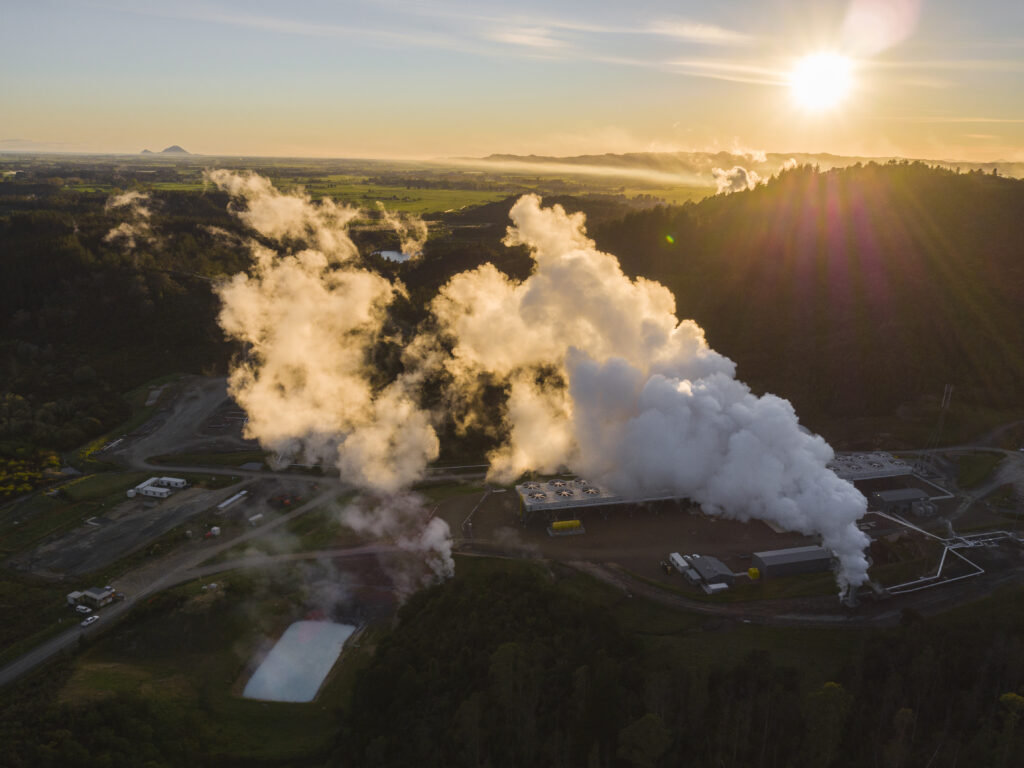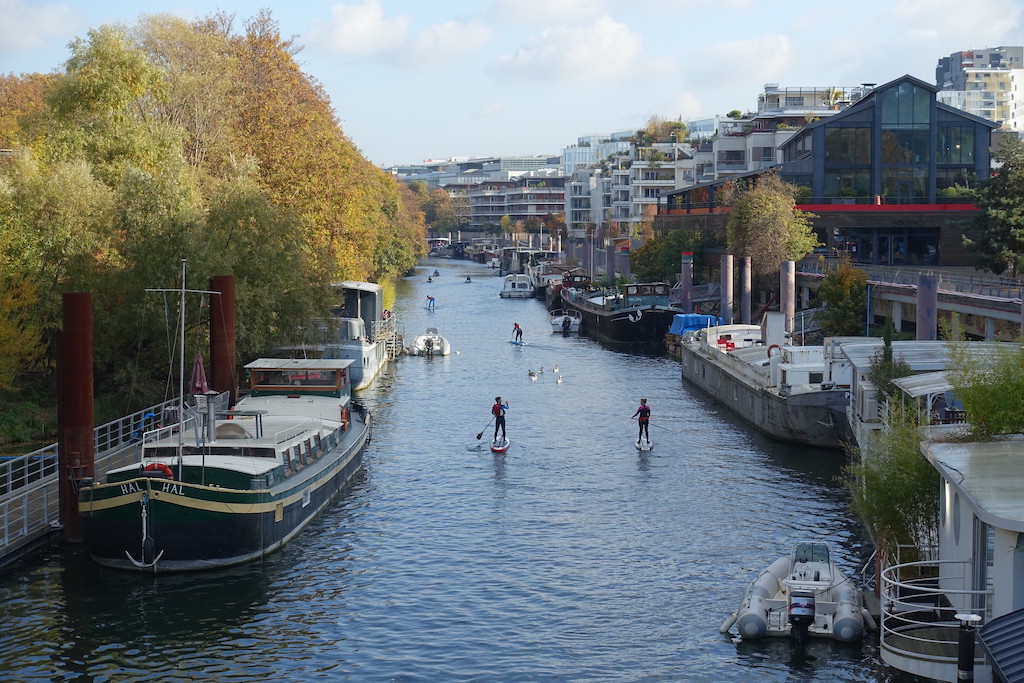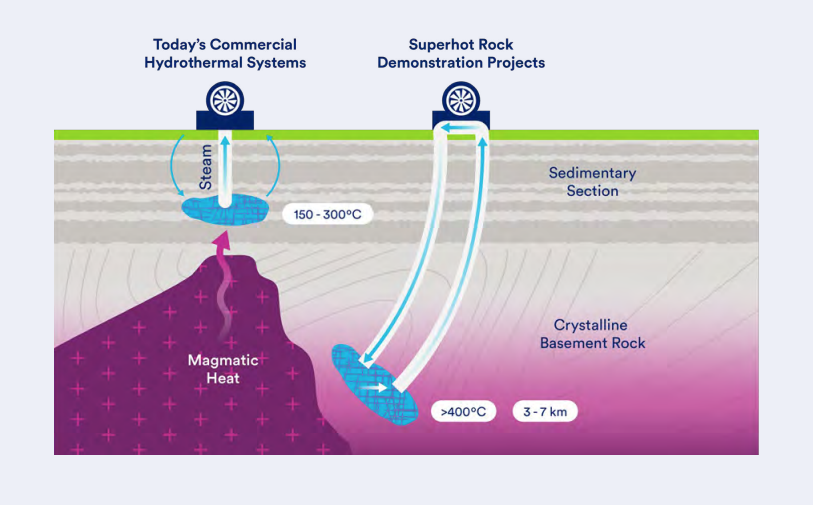City council approves geothermal drilling in Stormont Estate, Northern Ireland
Energy Disrupter
With planning permission granted by the Belfast City Council, exploratory drilling can proceed for geothermal at the Stormont Estate in Northern Ireland.
The Belfast City Council has approved plans to explore shallow geothermal potential through exploratory drilling and testing on the grounds of the Stormont Estate in Northern Ireland. This is the second study site of the GeoEnergy NI project under the Department for the Economy (DfE), following the completion of the exploratory geophysical surveys at the CAFRE campus County Antrim.
With planning permission granted, the drilling and testing phase of the Stormont feasibility study can now progress. The plan is for the study to commence within the next month. The next phase is estimated to take 6 months and will involve the drilling and testing of five boreholes, four of which will be hydrogeological boreholes around 250 metres deep, and one borehole will be cored to 500 metres depth.
A series of tests and analyses including down-hole geophysics will then be carried out on the boreholes to identify the optimum numbers and depths of boreholes required to deliver low carbon and renewable heat.
The boreholes will be predominately located in private areas near government buildings west of Stoney Road and the area around Dundonald House, Castle Buildings and Stormont Castle and therefore will present minimal disruption to users of the Estate.
The feasibility study at Stormont aims to examine shallow geothermal potential and its possible future applications for renewable heating and cooling for a number of pre-identified buildings on the Estate. It is hoped a future geothermal network will replace the current fossil fuel heating systems at the site.
The Stormont location was chosen as it sits atop a productive aquifer with good shallow geothermal potential. The same aquifer underlies Belfast, Lisburn, Antrim and other large towns in Northern Ireland. Thus, the Stormont will improve understanding of the aquifer and facilitate further geothermal evaluation and development within the wider study area.
The GeoEnergy NI project is being facilitated and funded by the DfE with scientific support from the Geological Survey of Northern Ireland (GSNI) and a specialist contractor team led by Tetra Tech Europe.
Source: GeoEnergy NI

